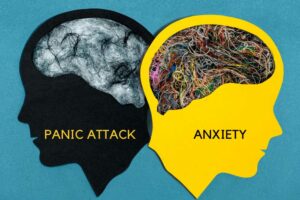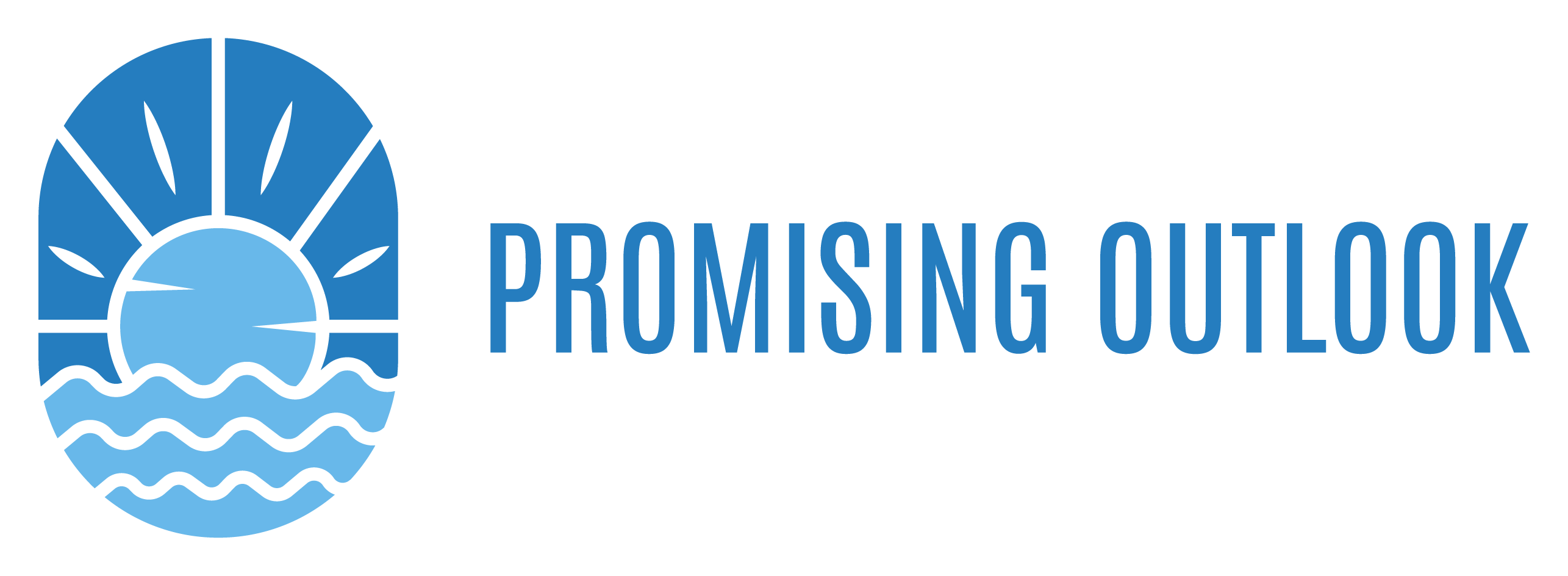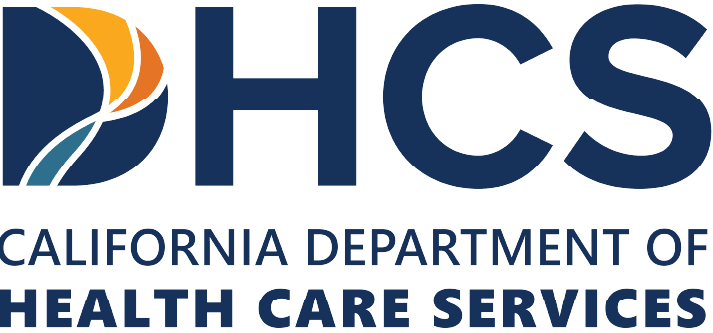Cognitive Behavioral Therapy (CBT) is a type of psychological treatment that is widely used to treat mental health issues and substance use disorders. According to a recent publication from the National Institutes on Health, CBT was developed for use in treating people with alcohol use disorder, specifically in the area of preventing relapse, and then adapted to be used in treating individuals with a cocaine addiction.
Addiction is difficult to treat, according to Principles of Drug Addiction Treatment: A Research-Based Guide, because it affects areas of the brain responsible for reward and motivation, learning and memory, and control over one’s own behavior. After long exposure to the substance, the person loses the ability to make choices about using the substance and use becomes compulsive.
What Happens in CBT?
According to an article published by the American Psychological Association, one of the central concepts of CBT is that psychological problems are partially caused by “faulty or unhelpful ways of thinking and learned patterns of unhelpful behavior.” People in therapy can learn more effective ways of coping which will give them relief from their symptoms and cause them to be more effective in their lives. While past events and traumas are addressed, the focus in CBT is on the present and finding better ways of coping.
In CBT, patients learn to change their thinking patterns. They learn to recognize thought distortions and reevaluate them. For example, if a client says “I fail at everything I do,” that is a thought distortion, an example of all-or-nothing thinking. The therapist might ask the client to recall times when he or she was successful. Clients also become better at understanding the motivation and the behavior of other people, and learn to use problem-solving skills to cope with difficult situations, all of which gives them greater self-confidence. Clients also learn to change their patterns of behavior: to face their fears instead of avoiding them; to use role-playing if they are anticipating a difficult conversation (like asking for a raise); and to stay calm using relaxation techniques. Clients frequently have “homework” between sessions, and are, in effect, learning to be their own therapist. Therapy is usually goal-oriented and typically involves fewer sessions than traditional talk therapy.
An article published on the Mayo Clinic’s website says that CBT frequently involves four steps. First, the situation or condition that is bothering the client is identified. Next, the client works to become aware of the emotions and thoughts surrounding the problem. Then the client and therapist work to identify negative or inaccurate thoughts concerning the issue. Finally, the client reframes or reshapes his or her inaccurate thinking regarding the issue.
What Mental Health Issues Are Helped by CBT?
According to the Mayo Clinic article, CBT can help a number of mental health issues including depression, anxiety disorders, phobias, post-traumatic stress disorder (PTSD), sleep disorders, eating disorders, obsessive-compulsive disorder (OCD), bipolar disorders, schizophrenia, and sexual disorders.
The article also states that a client doesn’t need to have a diagnosed mental health disorder to benefit from CBT–anyone facing a difficult life situation can be helped. For example, CBT can help clients to manage the symptoms of a mental illness or prevent a relapse; manage mental illness when medication isn’t a good option; learn ways to cope with stressful situations; work through conflicts in relationships; become a better communicator; cope with grief or loss; deal with a physical illness; and learn ways to cope with a chronic medical condition.
How Does CBT Help in Addiction Recovery?
To understand how CBT can help in addiction, it helps to think of a person having a stressful day, which is the trigger, has a drink which is the behavior, and then receives a reward, which in this case is more dopamine in the brain. Dopamine feels good, so over time, you start to reach for a drink when you feel stressed or sad or some other emotion that you don’t want to feel. It becomes a habit. Then you may find yourself in the same situation with many people who are struggling with drug or alcohol abuse. You would like to stop drinking, but it is very hard to stop because of the dopamine jolt to your brain. So you keep repeating a behavior, even though you don’t want to.
With CBT, you learn how to put a gap in between the trigger and the behavior. You look at the thoughts that you have between the negative emotion and having the drink, and you begin to examine the thoughts and the feelings that come up as a result of the negative triggering emotion. Then you look at the behavior, having the drink that you don’t really want, that comes about because of the thoughts and emotions. Over time you can look at the situation differently. Instead of thinking “I’m anxious so I have to have a drink,” you could think “I’m anxious. I could have a drink. Or I could take a walk around the block, which would be better for me.” This takes time and effort, but you can rewire your brain in this way.
Cognitive Behavioral Therapy (CBT) is one of the treatment options being used successfully to treat substance use disorders as well as the mental health issues that frequently accompany substance abuse. CBT is one of the treatment modalities offered by Promising Outlook, a comprehensive drug and alcohol rehabilitation center located in Riverside, California. Promising Outlook offers an outpatient program for both men and women that aims to treat the whole person and not just the addiction. An individualized treatment plan is developed for each patient with the goal of addressing the trauma or mental health issues that very frequently are at the root of addiction. In addition to CBT, Promising Outlook also offers dialectical behavioral therapy, mindfulness-based stress reduction, motivational interviewing, and psychotherapy. Promising Outlook is also one of the few treatment centers to offer classes in anger management. If you are struggling with an addiction and want a comprehensive and compassionate treatment program, call 866.980.2869.









